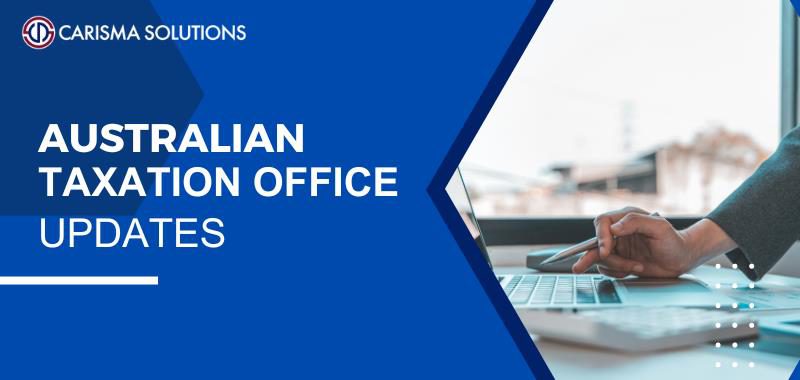Financial Advice Registration Requirement Extended
ASIC has registered the ASIC Corporations (Amendment) Instrument 2023/730 (the “Amending Instrument”). The Amending Instrument puts in place further interim measures to delay the requirement (the “Registration Requirement”) for “Relevant Providers” to be registered with ASIC as a precondition for providing personal advice (“Financial Advice”) to retail clients about relevant financial products.
By way of background, the requirement for Relevant Providers to be registered was introduced by the Financial Sector Reform (Hayne Royal Commission Response — Better Advice) Act 2021 (“Better Advice Act”). The registration provisions, as inserted by the Better Advice Act, staggered commencement dates so that Australian Financial Services (“AFS”) licensees and Relevant Providers could continue providing Financial Advice without being registered up to 1 January 2023. Subsequent steps were taken by the Government to delay the Registration Requirement to 1 October 2023.
The Amending Instrument provides for a further delay to the Registration Requirement to 1 February 2024 in order to allow:
- Parliament to further consider the Treasury Laws Amendment (2023 Measures No. 1) Bill 2023 (“TLAB 1”), which gives ASIC the power to use assisted decision-making systems when processing registration applications and facilitate multiple registration of relevant providers;
- ASIC to implement TLAB 1 if TLAB 1 is enacted;
- Industry to understand its rights and obligations concerning the Registration Requirement; and
- AFS licensees to register their Relevant Providers with ASIC prior to the Registration Requirement commencing.
Do you need to lodge your SAR by 28 February?
Some SMSFs have a due date of 28 February for their SMSF Annual Return (SAR).
You may need to lodge your SMSF Annual Return (SAR) by 28 February 2024.
If you fail to lodge your return by the due date, the ATO may consider further compliance action.
If your SMSF Annual Return is more than two weeks overdue and you haven’t contacted the ATO, they will change the status of your SMSF to Regulation details removed. This means APRA funds can’t roll over member benefits and employers are discouraged from making any super guarantee contributions.
This status will remain until your overdue lodgments are brought up to date.
Remember, you’re still required to lodge if the fund has had no contributions, income payments made, or is in pension mode. If your SMSF does not have assets set aside for the benefit of members in the first year it was registered, you can ask the ATO to cancel the fund or request a return not necessary.
If you’re having difficulty preparing and lodging your return, contact the ATO or talk to a registered tax professional as early as possible.
You can review the ATO Trustee reporting obligations checklist or visit the ATO SMSF support services for help.
SMSF Investments and Pink Diamonds
Are natural diamonds, including pink diamonds collectable or personal use assets?
You need to manage your Self-Managed Super Fund’s (SMSFs) investments in the best financial interests of fund members and in accordance with super laws.
You’re free to choose what type of assets your SMSF invests in, providing those investments are not prohibited by the super laws and:
- are permitted by your fund’s trust deed.
- meet the sole purpose test.
Funds may choose to invest in assets which are classified as collectable or personal use and when they do, these assets have specific storage and insurance requirements.
Are pink diamonds collectable or personal use assets?
The ATO has recently been asked if pink diamonds are classified as collectable or personal use assets.
Natural diamonds (including pink diamonds), when held in loose form, are not considered collectable or personal use assets under the superannuation legislation and as such do not have specific storage and insurance requirements.
Trustees and auditors should note these rules only apply for ‘diamonds held in loose form’. This means the diamond cannot in any way be mounted, integrated into or used as an item for adornment or other purposes which would be inconsistent with the holding of the diamond in loose form for investment purposes.
Insurance and storage requirements for diamonds
Despite not being subject to specific requirements, we would recommend trustees hold adequate insurance and consider appropriate storage arrangements for these types of assets. These are sound practices when protecting a fund’s assets.




